Backstage with Andrew Ford
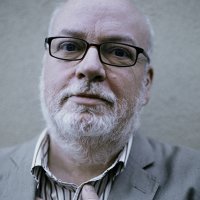 Andrew Ford is a composer, writer, and broadcaster, and has won awards in all three capacities, including the prestigious Paul Lowin Prize for his song cycle, Learning to Howl. His music has been played throughout Australia and in more than forty countries around the world. Since 1995 he has presented The Music Show each weekend on ABC Radio National. He is the author of eleven books, including The Song Remains the Same: 800 years of love songs, laments and lullabies (with Anni Heino). We review his new book, The Shortest History of Music.
Andrew Ford is a composer, writer, and broadcaster, and has won awards in all three capacities, including the prestigious Paul Lowin Prize for his song cycle, Learning to Howl. His music has been played throughout Australia and in more than forty countries around the world. Since 1995 he has presented The Music Show each weekend on ABC Radio National. He is the author of eleven books, including The Song Remains the Same: 800 years of love songs, laments and lullabies (with Anni Heino). We review his new book, The Shortest History of Music.
What was the first performance that made a deep impression on you?
Athol Fugard’s Dimetos at the Nottingham Playhouse in 1976, with Paul Scofield, Yvonne Bryceland, and Ben Kingsley. At the end, Dimetos (Scofield) has a monologue during which he begins to juggle and finally falls about laughing. I imagined making an opera from the play and many years later, when Fugard was in Sydney, asked his permission, which he granted. It hasn’t happened yet.
Continue reading for only $10 per month. Subscribe and gain full access to Australian Book Review. Already a subscriber? Sign in. If you need assistance, feel free to contact us.

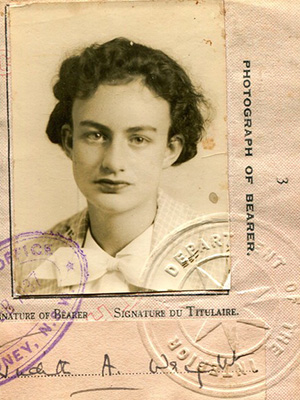
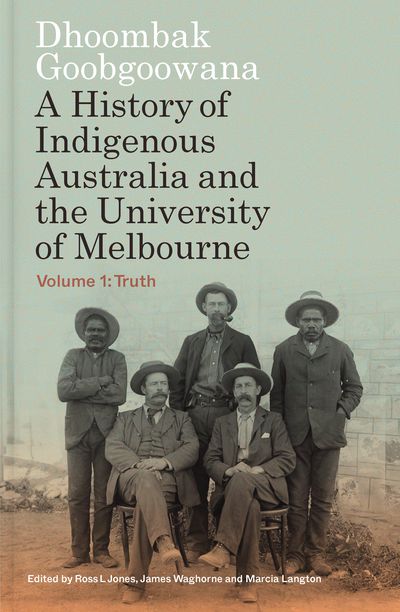
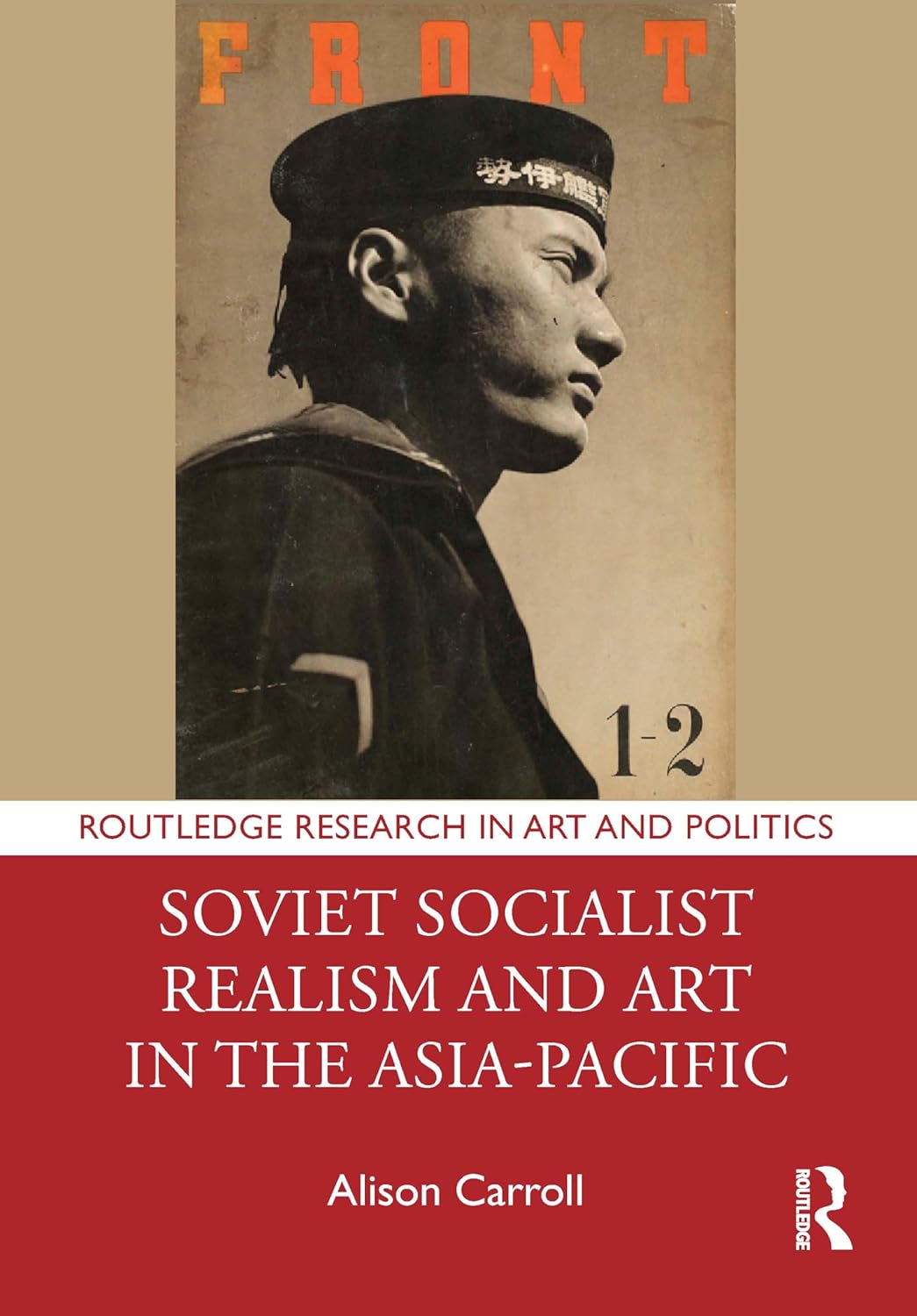
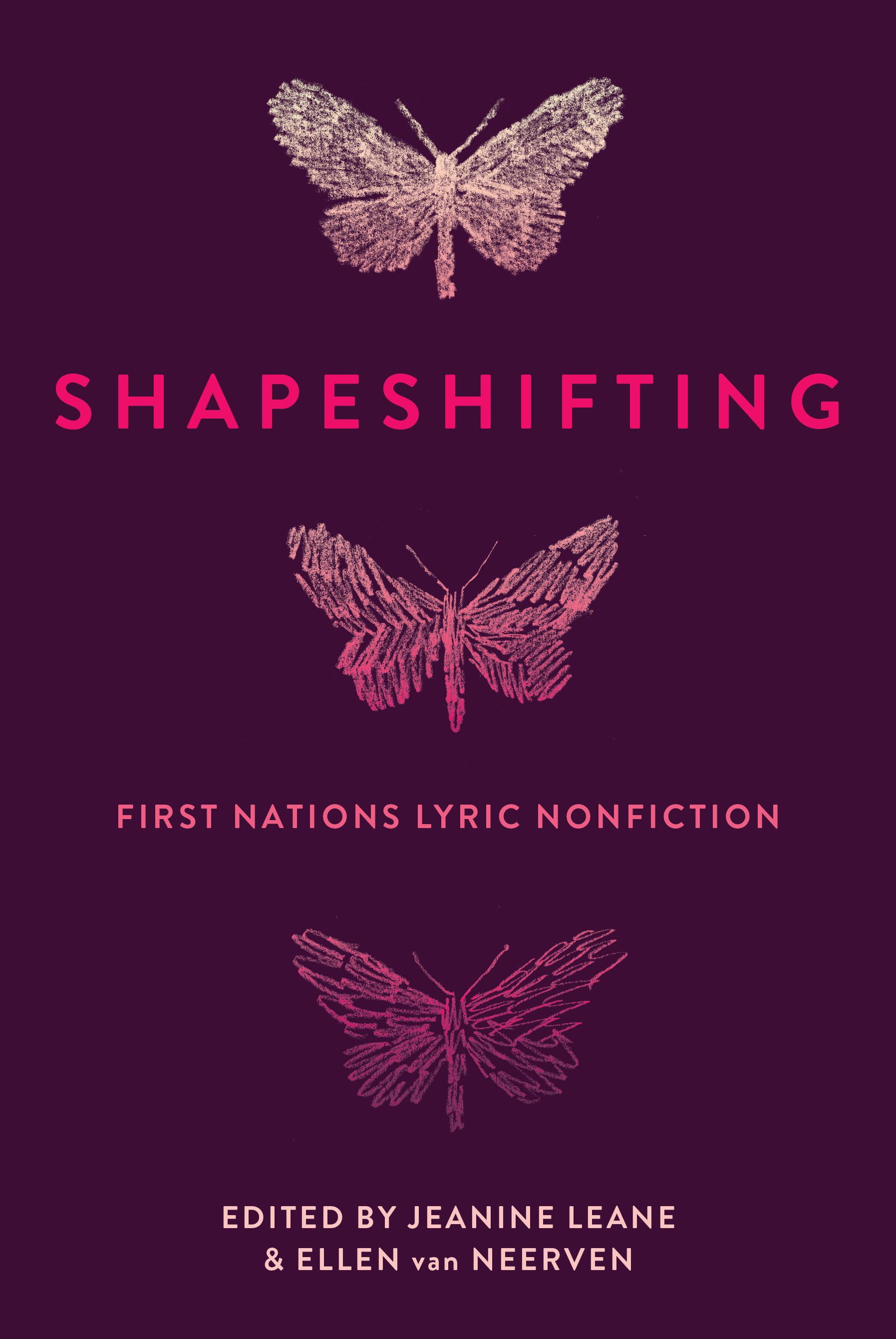

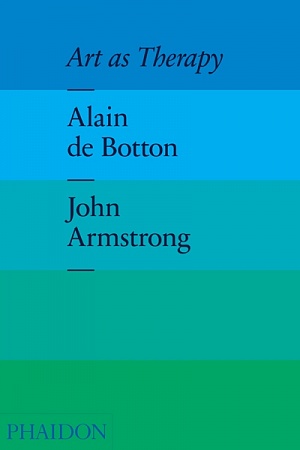
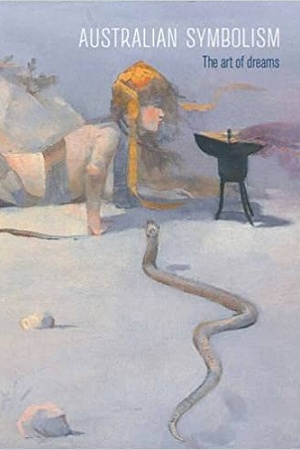
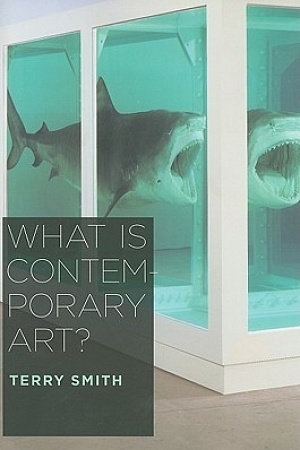
Leave a comment
If you are an ABR subscriber, you will need to sign in to post a comment.
If you have forgotten your sign in details, or if you receive an error message when trying to submit your comment, please email your comment (and the name of the article to which it relates) to ABR Comments. We will review your comment and, subject to approval, we will post it under your name.
Please note that all comments must be approved by ABR and comply with our Terms & Conditions.